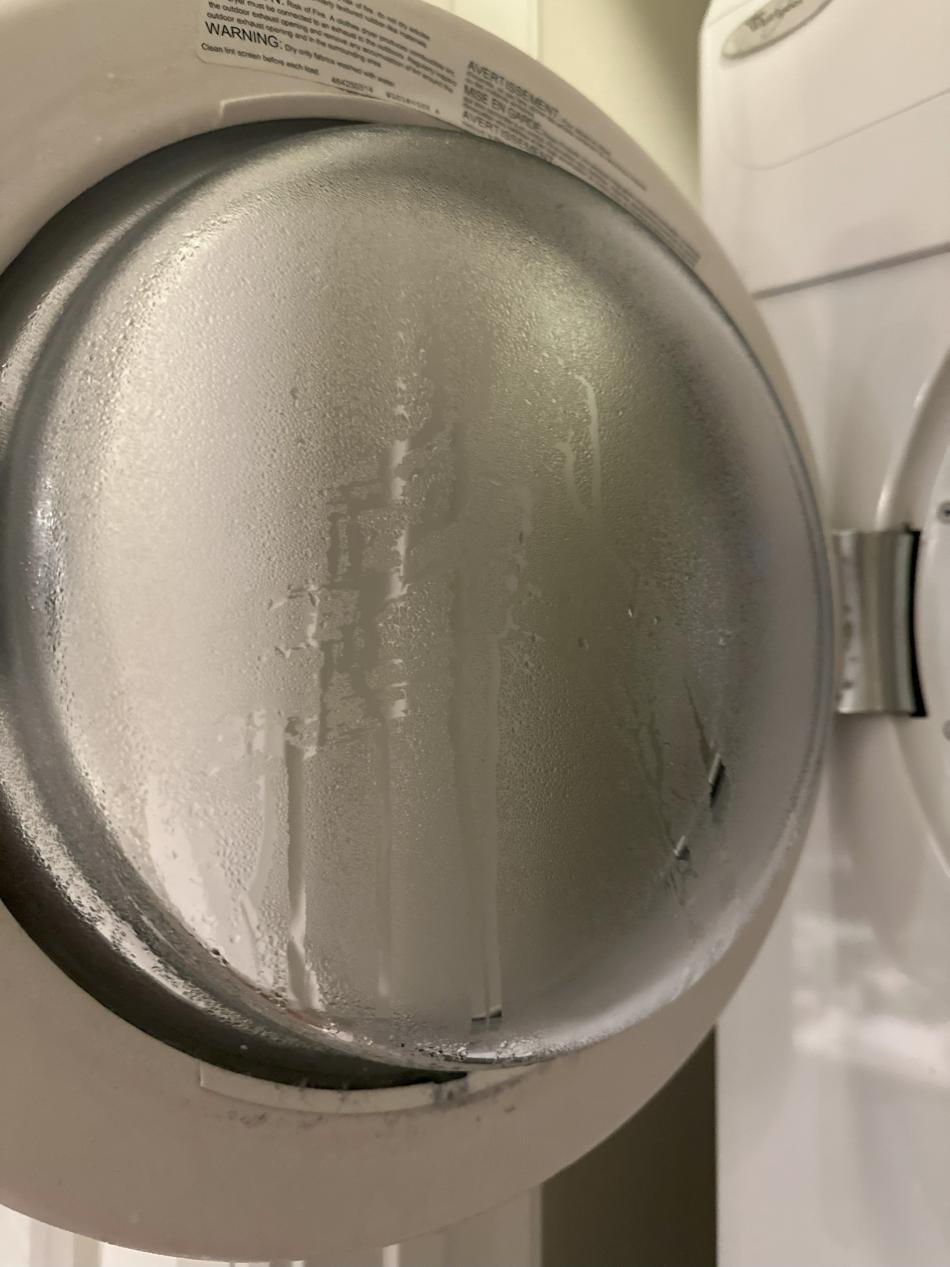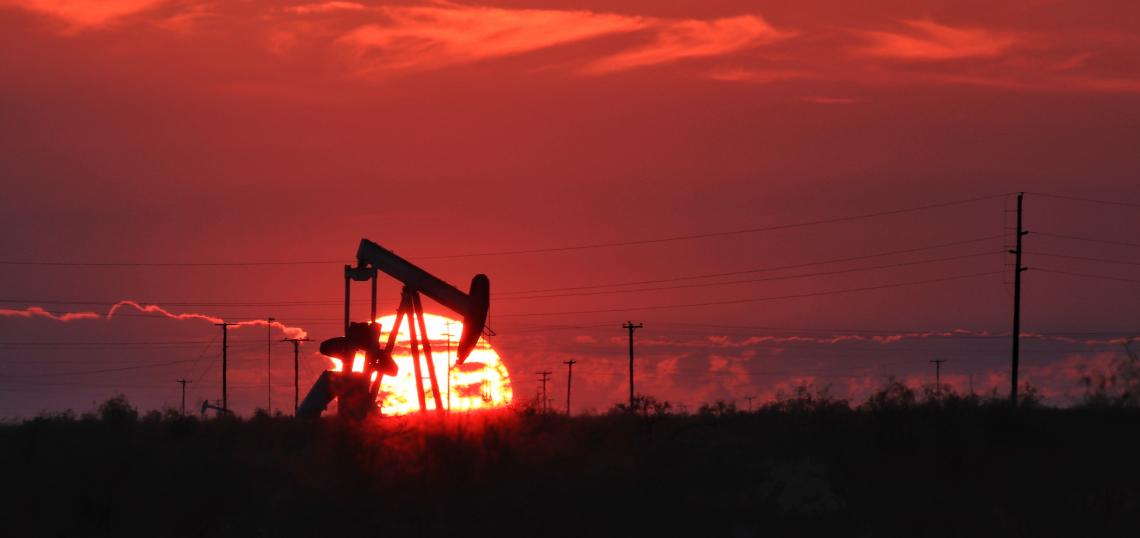This June's tropical weather has been nothing short of brutal for residents. With dew points above 80 degrees, Texas has felt more like the Amazon Jungle than anything else. As such, asset managers, renters, and homeowners alike have faced the struggles arising from improperly weatherproofed buildings.
While ERCOT was able to keep the lights on this time, utility bills will no doubt show the cost of the weather conditions. Poor insulation can take a devastating toll both on comfort and wallets, not to mention the ever-looming danger of rolling blackouts. Dads everywhere will be the first to say "close the door, we're not air conditioning the whole block", but even people who remember to shut doors can fall victim to a transparent killer: low-efficiency windows.
Many new constructions or renovated properties boast LEED-certified windows as an eco-conscious choice -- not a bad way to get the ESG crowd interested in a project. However, even coal-rollin' good-old-boy developers should look at such windows as the pragmatic choice. High efficiency windows are constructed with insulation in mind. Better insulation leads to both happier tenants willing to pay higher rents and, especially in the case of gross-leases, a direct NOI increase on account of lowered utility expenses. With the price of diesel today, every last bit of savings counts, even for the coal-rollers among us.
 Even recently constructed Class A multifamily assets can face issues. The photo above was taken on June 20, 2023 in Uptown Dallas.
Even recently constructed Class A multifamily assets can face issues. The photo above was taken on June 20, 2023 in Uptown Dallas.
Another issue that has become pressing due to the brutal humidity of this June is condensation. The saturated warm air has created prime conditions for condensation to appear where it is least expected, such as on the dryer pictured above. While condensation on a cold beer is the sign of a good summer day, it is not a good sign on a dryer in a Class A multifamily unit.
These water droplets, when combined with even a surface coating of rust, leads to a thick, brown liquid that can easily stain anything beneath it. Not to mention, when this rusty water leaks from a bathroom ceiling, it can create a moment of horror and disgust before it is discovered to be just water (I will save everyone the discomfort of looking at that photo).
The bottom line is that investors should think carefully about the weatherproofing of their buildings. The Metroplex's climate covers almost all of the temperate spectrum -- and apparently some of the tropical spectrum.
The extreme cold from February 2021's Dallaska freeze was a call for asset managers and developers (and ERCOT) to get serious about frigid weather's effects on buildings and infrastructure. While high energy bills and some water drops on vents aren't as debilitating as bursting pipes and days' long power outages, DFW's propensity for extreme heat should remain a primary concern for investors and engineers.






